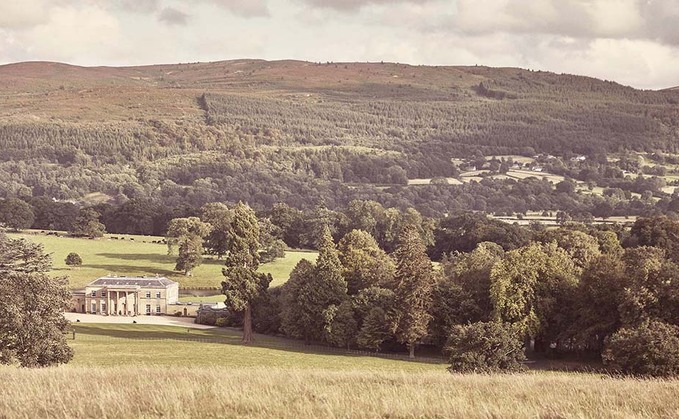
As part of Farmers Guardian campaign, Farming Can, Emily Ashworth looks at how farms can make their mark on the cosmetic and beauty industry. Skin care is not something you would normally associate...

As part of Farmers Guardian campaign, Farming Can, Emily Ashworth looks at how farms can make their mark on the cosmetic and beauty industry. Skin care is not something you would normally associate...